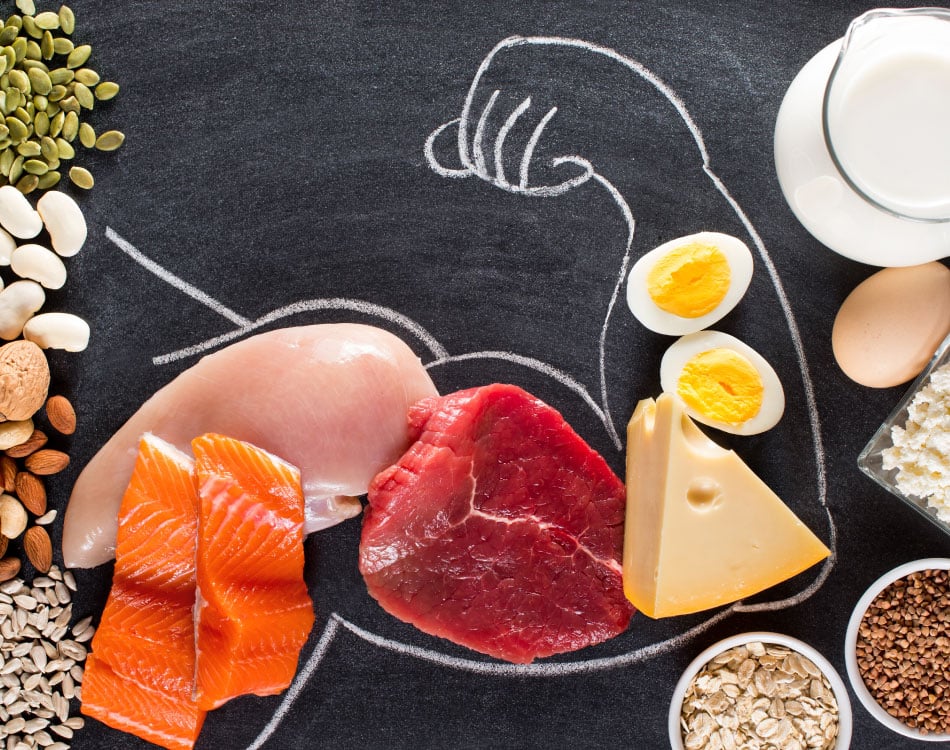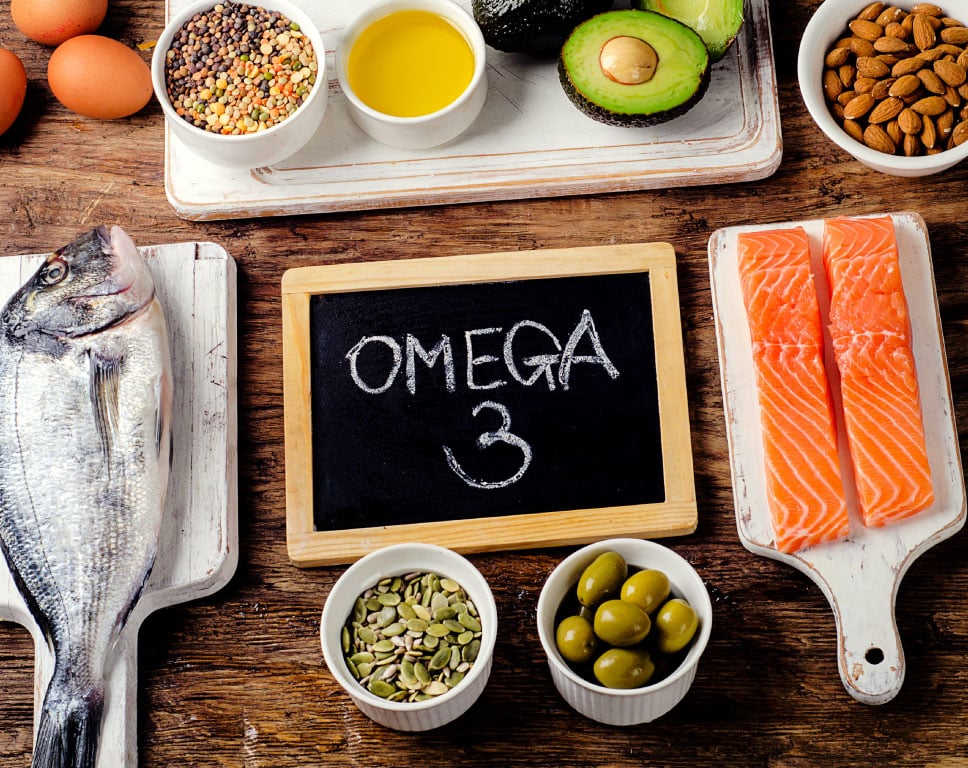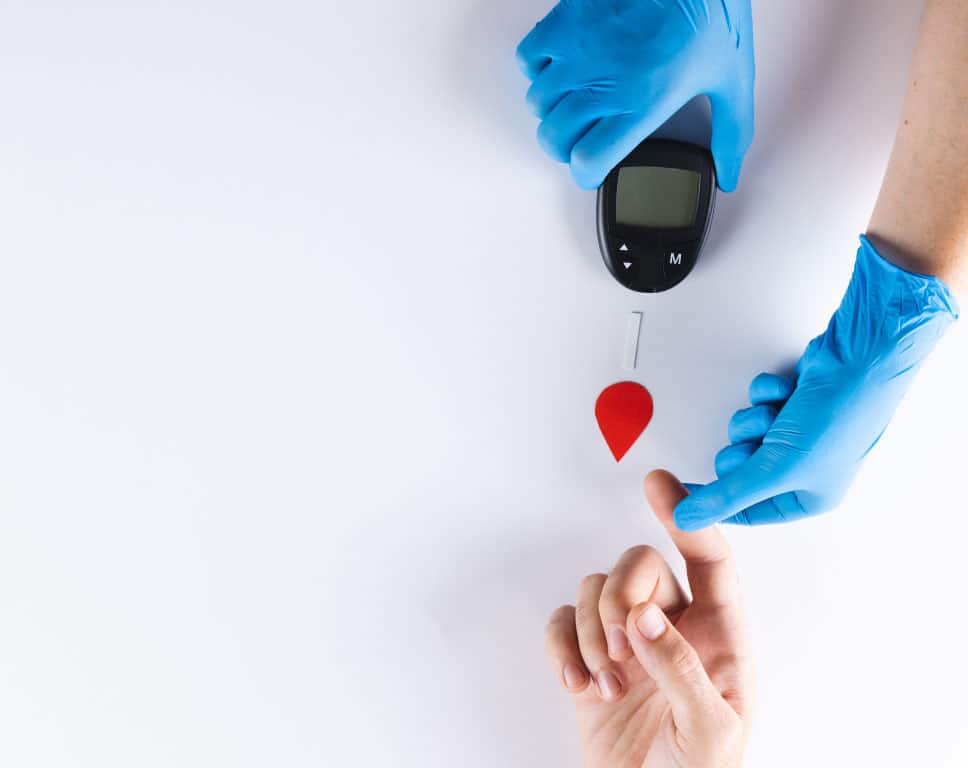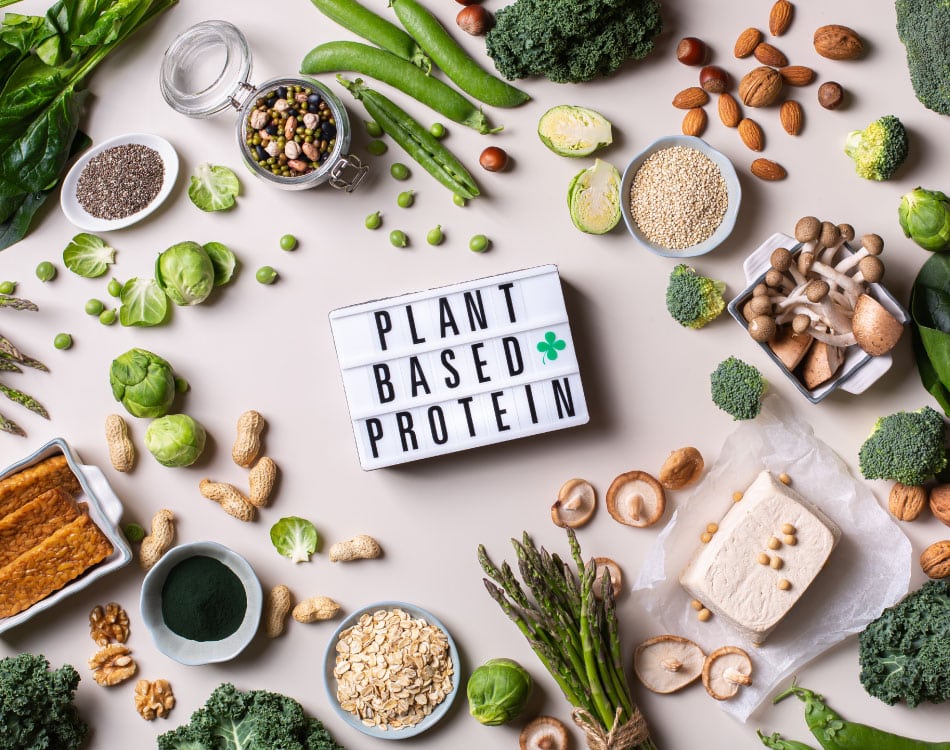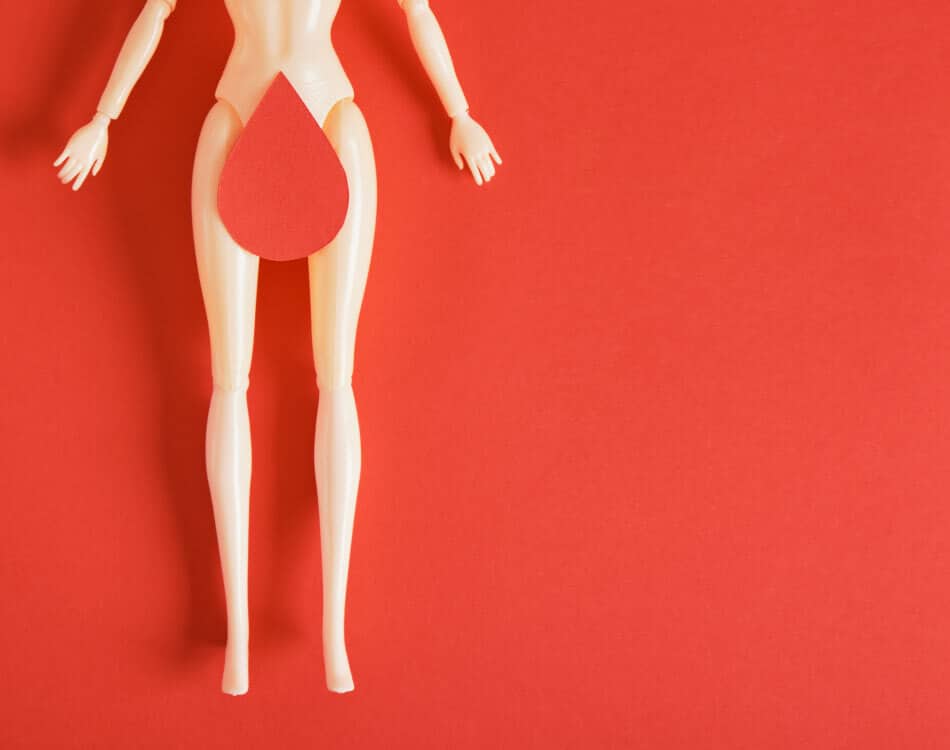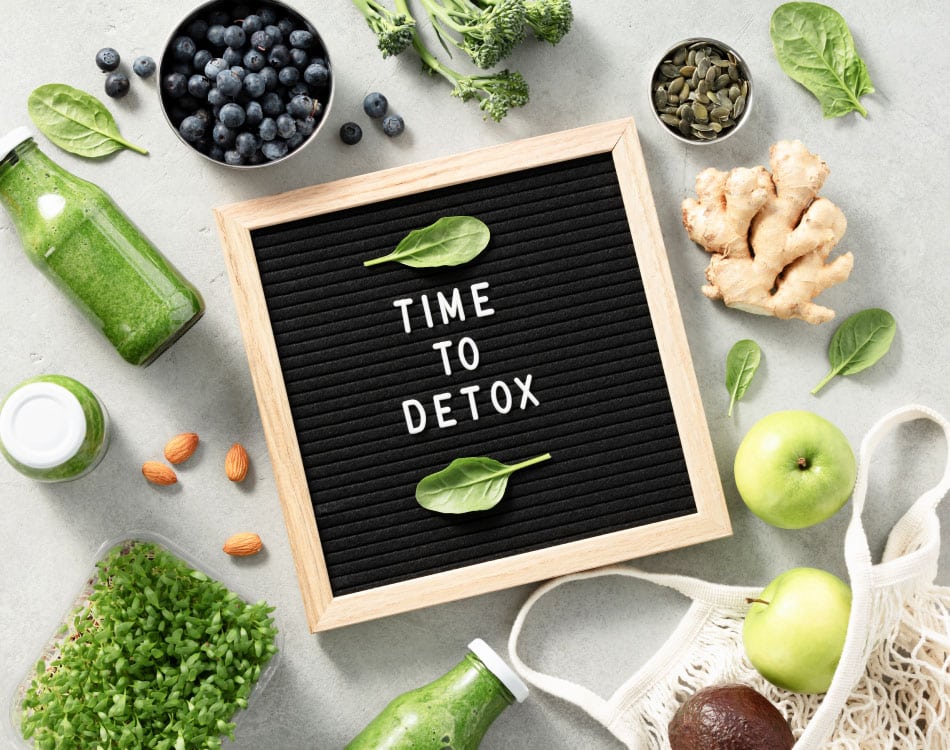We have a complex relationship with food.
While we need to eat for sustenance to survive and thrive and to fuel our daily activities, including exercise and training, we also eat for enjoyment, to be sociable, in response to emotional triggers and, often, simply because we’re bored.
In an era characterised by food abundance and 24/7 availability, disordered eating and a bad relationship with food are more prevalent than many think and they can affect anyone, regardless of age, sex, or race.
These conditions exist on spectrum, ranging from an unhealthy relationship with food to habitual disordered eating to clinical eating disorders.
While poor eating habits don’t necessarily represent a more serious condition, if left unchecked, a bad relationship with food can deteriorate over time and possibly become more serious.
This is why it is important to be aware of the signs and take action if required. With that in mind, here are 5 signs that you may have an unhealthy relationship with food:
1. Food is constantly on your mind
Thinking about food all the time is not normal. Persistent thoughts about eating could be a sign that you’re not eating enough, or that you’re not getting the right amount of nutrients from the foods you eat.
While this may be intentional to lose weight, or indicate a lack of sufficient nutrient quality and quantity in your diet, when food starts to dominate your internal mental chatter, you need to take action.
2. You feel guilty about eating certain foods
Beating yourself up over eating too much food or eating a food that you’ve dubbed a ‘no-go’ in your diet is not conducive to a healthy relationship with food.
When it comes to eating for weight loss, sustainability is the key to success, but feeling deprived often sabotages the best diet plans. Cheat meals allow you to satisfy cravings and provide a mental break from strict dieting, which may make long-term adherence more manageable.
It is, therefore, better to follow a balanced eating plan, as opposed to one that is based on restriction and a ‘red’ list of forbidden foods.
3. You don’t allow yourself to eat foods you crave
A healthy relationship with food means including both foods you enjoy and foods you need.
Cutting out your ‘no-go’ foods such as chocolate or pizza could result in binge eating down the line. The resultant guilt can result in more extreme behaviour and deepens any unhealthy relationship with food.
4. You omit entire food groups
What some people fail to realise is that having a balanced diet means including ALL of the food groups in the right ratios.
The key is to choose healthful natural sources of fats and carbs as often as possible to get a broad range of macro- and micronutrients to support your health, recovery and muscle growth.
5. You eat even when you’re not hungry
If you dish yourself up a plate of food, you always finish it, even if you’re full, or constantly turn to food when you feel sad, stressed or negative, you could be an emotional eater.
While emotional eating is not an eating disorder in itself, it can be a precursor to more serious issues and remains a common trait among those with eating disorders.
Emotional eaters often engage in overeating when they experience stressful or negative events, or even boredom.
If you agreed with more than three items on this list, it may prove beneficial to consult with a professional, who could help to diagnose any potential underlying psychological issues related to eating and help create healthful habits. Knowing the signs and seeking help early on could keep you from a life-long struggle with food.




